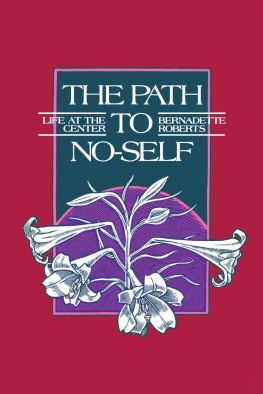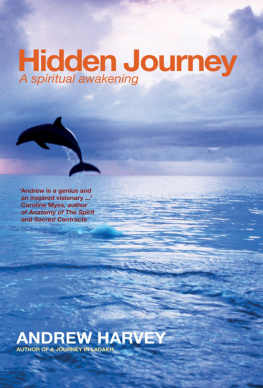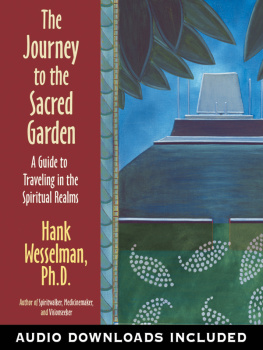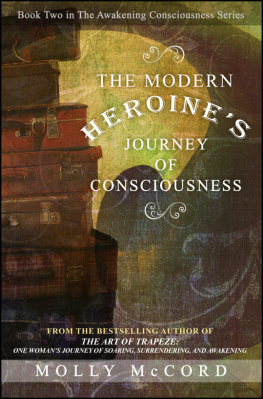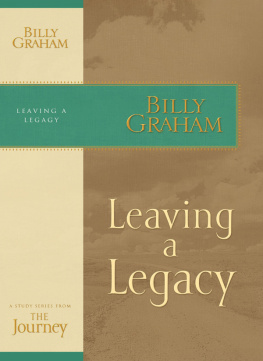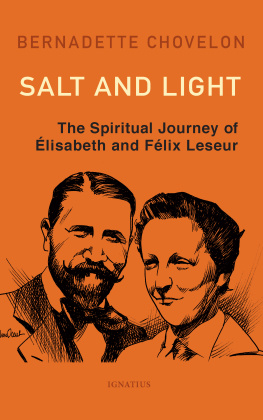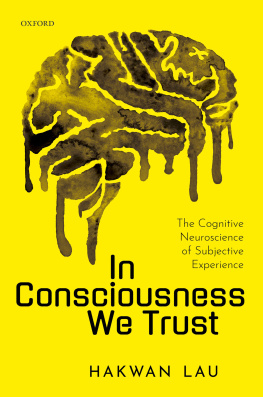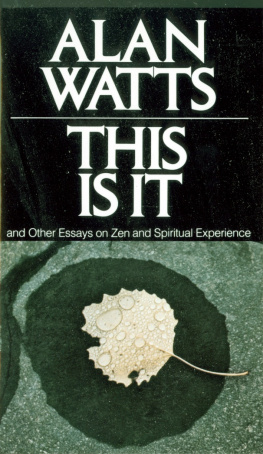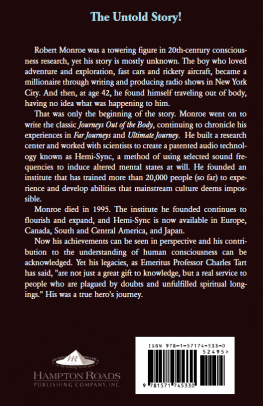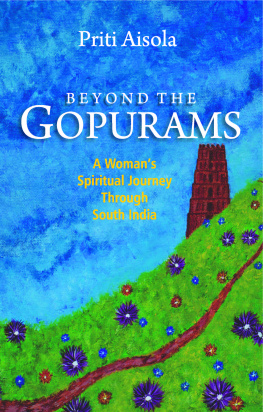What Is Self?
A Study of the Spiritual Journey in Terms of Consciousness
BERNADETTE ROBERTS

First Sentient Publications edition 2005 Copyright 2005 by Bernadette Roberts
Roberts, Bernadette, 1931-
What is self ? : a study of the spiritual journey in terms of consciousness / Bernadette Roberts1st Sentient Publications ed. p. cm.
ISBN-10 1-59181-026-4
ISBN-13 978-1-59181-026-1
Foreword by Jeff Shore
THE CHRISTIAN CONTEMPLATIVE PATH presented here is, quite simply, revolutionary. Not just because of the depth to which it is taken, but because it is done in terms of consciousness itself. As the author succinctly states: "...the true nature of self IS consciousness" (p. 4). She then unfolds the implications of this statement so that anyone willing to take a good, hard look within can catch at least a glimpse of what she is saying.
Bernadette Roberts describes the importance of the unitive state for the spiritual path. This much is hardly new, though her precision and detail are illuminating. She then describes what lies beyond this egoless or unitive state. Here lies the real significance of her work, for what so many have taken as the end of the road turns out to be more or less the midpoint on the total spiritual path. And this is shown with remarkable clarity. First, with a description of what she calls the Christian passage, then through a frank confession of her own contemplative strugglenot through mere professions of faith, dogma or speculation.
What is the real end of any spiritual path, if not the end of the self that walks it? No beating around the bush here: "The search for truth must go on until there is nothing left to doubt and no questions left to ask" (p. 77). Elsewhere she puts it in more traditional terms: "Union with God then, is not complete until there is nothing left to be united" (The Experience of No-Self, p. 178). This is so much moreand lessthan mystical union or ecstasy. It undercuts, in one fell swoop, any self-preoccupation or fixation with so-called enlightenment experiences.
Bernadette makes clear the importance for each one of us, from our own side, to actually exhaust ourselves in the spiritual quest. Again, nothing new here. But see how the marvelous, underlying truth unfolds: self's full and final undoing must be grace givenit can never be self driven. Indeed, the entire transformation is finally revealed as grace. Yet her description and analysis, again based on her own struggle and experience, can be appreciated by anyone willing to read with care what is written in these pages. How, and how far, does self-effort go? How, and from where, does grace come? If you really want to see into these matters, read on. I know of no other Christian alive today with such profound spiritual acumen.
It is only natural that she uses Trinitarian language and symbols to express this. For her, it could be no other way. One need only compare this with the mishmash mumbo-jumbo of Christians who jump on the Buddhist bandwagon and end up true to the depth of neither tradition. Bernadette is not merely using, let alone borrowing, Christian language and symbols. No mere symbols and language are expressed here or even brought to life. Here is revealed, with stunning clarity and depth, the reality of Christ. And what is Christ?: "...that which remains when there is no self" (The Experience of No-Self, p. 140).
Instead of squeezing Bernadette's experience into some other religious framework, let us appreciate the Christian Trinity to which she has remained so faithful. For many of us, this requires letting go of major misconceptions about Christianity that we have carried around, even fostered, for a long, long time. Catholic contemplative and former cloistered nun Bernadette Roberts had the confidence in her own religion to pursue it to the very end, come what may: "...staying with one path and absorbing the best of all others. If we can do this we service our own path and all the people on it; if not, we end up serving no one" (p. 108).
The author is not interested in proselytizing. If she were, why would she ask a lay Zen man to pen this preface? Catholic lay woman Bernadette Roberts is taking genuine inter-religious encounter to new depths by inviting us to ponder together the profound similaritiesand irreducible differencesin the various religious traditions. This helps us to illumine the value, and limits, of our own spiritual path. And to absorb, as she says, the best of all others. It is a rare delight to join her in this,
Bernadette has no interest in defending Christianity either. Christian institutions and traditions are not perfect. Needless to say, neither are Buddhist ones. It is not a matter of discarding one religion for another, but of delving to the very depths! Bernadette was blessed with this occurrence in her own tradition. In these pages she presents her Catholic case for all to examine. Then it is up to each of us to pursue it through our own traditions. he experience of no-ego should be fairly understandable; Bernadette provides a detailed description from the Christian perspective. But no-self why use such radical terms? Because she could find no other term that so precisely expresses the truth of the matter: the permanent ceasing, the falling away once and for all, of the entire mechanism of reflective self-consciousness. Bernadette calls this unconscious mechanism of the mind reflecting or bending on itself "reflexive consciousness" and "self-reflexion" (see pp. 65-66, 93-94).
As long as self remains, one might well consider no-self impossible, or at least as something other than it is. Bernadette did:
For me, this was the most bewildering aspect of the journey. I had fully expected that as the self disappeared and was emptied, some form of divine life would appear and fill in the emptiness. When this didn't happen, I knew I was lost (The Experience of No-Self p. 74).
No-self is impossiblein the sense that it is not an experience which self can have. But it certainly does happen; it is real. Indeed, it is reality beyond self, and thus beyond anything self could possibly attain, or doubt. Don't take my word for it, though. If you doubt it, go right ahead. In fact, why not let this book provide an opportunity to take that doubt all the way to the very end and find out, as Bernadette and many others have, what is really holding self back? We can find dramatic depictions of no-self in the writings of the great Christian mystics such as Meister Eckhart. As Ric Williams suggests in his superb foreword which follows, it is well worth savoring how Eckhart in his later sermons transformed the language of his day as he attempted to share his breakthrough. But with Bernadette we have a woman now livingwriting and speaking directly to us in the American idiom.
The implications of no-self for our modern Western views of human growth and maturity are huge. A complete overhaul is required. What it means to be human, to grow and mature, and to grow old and dieall are revealed in a new and most wondrous light. Our precious self, its maturing and development, is essential. But self is not the end of the road for human growth. Our tragic and pathetic attempts to stop the natural aging process, to be "forever young," as well as our fears of death, are based on this self-centered delusion. What is Self? begins where transpersonal psychology might someday end. It is a stunning contemplative portrayal, in flesh and blood, not New Age fluff and fancy, of what actually lies beyond self.
Above I have briefly hinted at the depth and power of the Christian contemplative path presented here. Yet Bernadette's insight into
Next page

